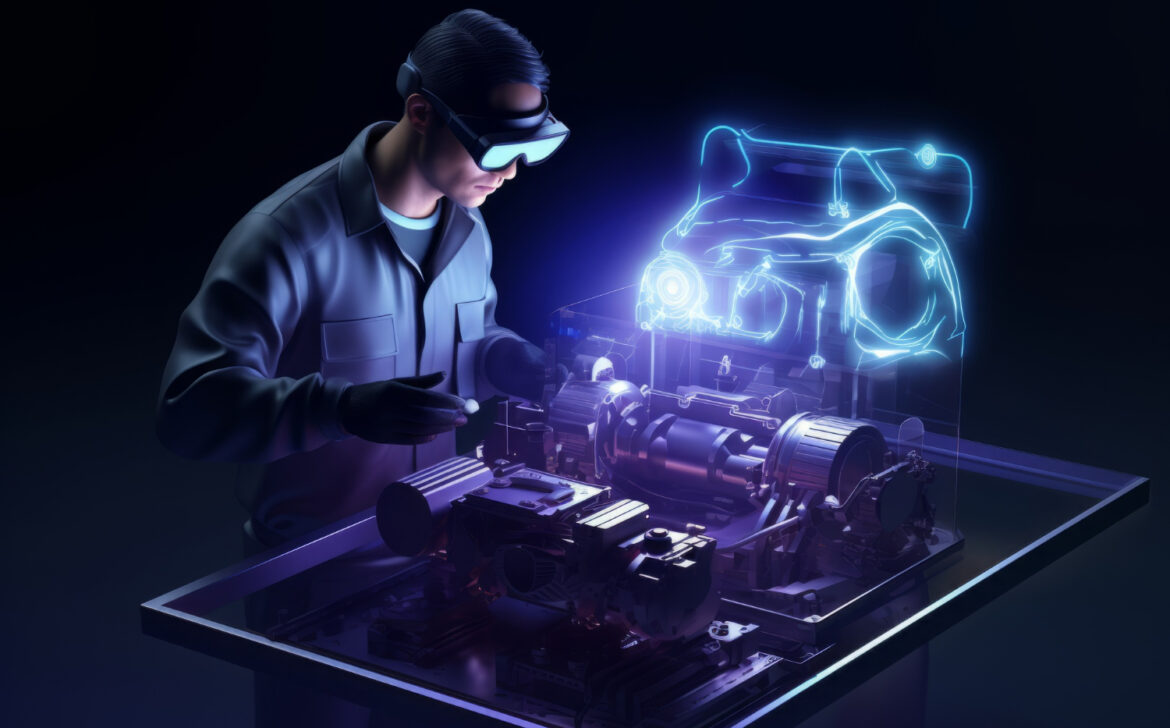The Science of Biohacking and Its Impact on Longevity
In recent years, biohacking has emerged as a popular and revolutionary field dedicated to enhancing human performance, health, and longevity. The concept, once relegated to the realm of science fiction, is now being embraced by enthusiasts and researchers alike, with the goal of pushing the boundaries of what is possible for human health and lifespan. This blog post delves into the science behind biohacking, explores various techniques and technologies used, and examines their impact on longevity. Biohacking, also known as DIY biology or human enhancement, is a broad term that encompasses a range of practices aimed at improving physical and mental performance, as well as extending lifespan. At its core, biohacking involves using scientific knowledge, technology, and lifestyle changes to optimize the body and mind. It can include anything from dietary modifications and exercise routines to advanced genetic engineering and the use of cutting-edge technology. Longevity refers to the length of an individual’s life, and biohacking seeks to extend this lifespan by promoting health and preventing age-related diseases. By leveraging scientific advancements and a deep understanding of the human body, biohackers aim to enhance both the quality and quantity of life. Here’s how biohacking can potentially impact longevity: One of the foundational aspects of biohacking is optimizing diet and nutrition. Biohackers often experiment with various dietary strategies, such as ketogenic diets, intermittent fasting, and personalized nutrition plans. These approaches are believed to support cellular health, reduce inflammation, and improve metabolic function, all of which contribute to increased longevity. Regular exercise is a well-established factor in promoting health and longevity. Biohackers often experiment with various workout regimes to find the most effective approach for enhancing physical performance and extending lifespan. Quality sleep is crucial for overall health and longevity. Biohackers employ various strategies to improve sleep quality and duration, such as using sleep trackers, optimizing sleep environments, and experimenting with supplements. Mental and emotional health plays a significant role in overall well-being and longevity. Biohackers use techniques such as mindfulness, meditation, and cognitive training to support mental health and resilience. Advances in technology have introduced a range of biohacking tools and interventions designed to enhance health and longevity. The field of biohacking is continuously evolving, with new technologies and approaches emerging that have the potential to significantly impact longevity. While biohacking offers exciting possibilities for improving health and extending lifespan, it also raises ethical and practical considerations. The potential for unequal access to advanced technologies, the long-term effects of experimental interventions, and the need for rigorous scientific validation are important factors to consider. Biohacking represents a dynamic and rapidly evolving field with the potential to transform our understanding of health and longevity. By integrating scientific knowledge, technological advancements, and personalized approaches, biohackers aim to push the boundaries of human potential and extend the lifespan. As research and technology continue to advance, the future of biohacking holds promise for enhancing both the quality and quantity of life.The Science of Biohacking and Its Impact on Longevity
Introduction
What is Biohacking?
The Intersection of Biohacking and Longevity
1. Diet and Nutrition
2. Exercise and Physical Activity
3. Sleep Optimization
4. Mental and Emotional Well-being
5. Technological Interventions
6. Emerging Technologies
The Ethical and Practical Considerations
Conclusion
Internal Links on UpToSkills.com
External Links

